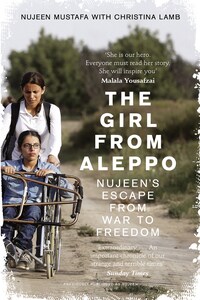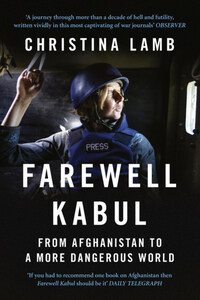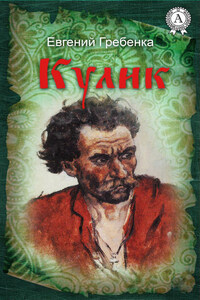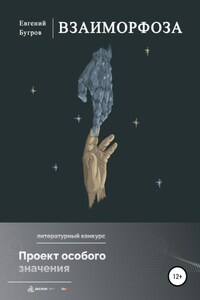William Collins
An imprint of HarperCollinsPublishers
1 London Bridge Street
London SE1 9GF
WilliamCollinsBooks.com
This eBook first published in Great Britain by William Collins 2016
Copyright © Christina Lamb and Nujeen Mustafa 2016, 2017
Christina Lamb and Nujeen Mustafa assert the moral right to be identified as the authors of this work
A catalogue record for this book is available from the British Library
Cover photograph © STR/AFP/Getty Images
Interior images from the Mustafa family collection unless otherwise attributed
Map by Martin Brown
All rights reserved under International and Pan-American Copyright Conventions. By payment of the required fees, you have been granted the non-exclusive, non-transferable right to access and read the text of this e-book on-screen. No part of this text may be reproduced, transmitted, down-loaded, decompiled, reverse engineered, or stored in or introduced into any information storage and retrieval system, in any form or by any means, whether electronic or mechanical, now known or hereinafter invented, without the express written permission of HarperCollins.
Source ISBN: 9780008192815
Ebook Edition © September 2016, 2017 ISBN: 9780008192792
Version: 2017-02-23
I see Earth! It is so beautiful.
Yuri Gagarin, first man in space, 1961
Behram, Turkey, 2 September 2015
From the beach we could see the island of Lesbos – and Europe. The sea stretched either side as far as you could see and it was not rough, it was quiet, flecked only by the smallest of white caps that looked as if they were dancing on the waves. The island did not look too far off, rising from the sea like a rocky loaf. But the grey dinghies were small and low in the water, weighed down with as many lives as the smugglers could pack in.
It was the first time I had seen the sea. The first time for everything – travelling on a plane, in a train, leaving my parents, staying in a hotel and now going in a boat! Back in Aleppo I had barely ever left our fifth-floor apartment.
We had heard from those who had gone before that on a fine summer day like this with a working motor a dinghy takes just over an hour to cross the strait. It was one of the shortest routes from Turkey to Greece – just 8 miles. The problem was that the motors were often old and cheap and strained for power with loads of fifty or sixty people, so the trips took three or four hours. On a rainy night when waves reached as high as 10 feet and tossed the boats like toys, sometimes they never made it at all and journeys of hope ended in a watery grave.
The beach was not sandy as I had imagined it would be but pebbly – impossible for my wheelchair. We could see we were in the right place from a ripped cardboard box printed with the words ‘Inflatable Rubber Dinghy; Made in China (Max Capacity 15 Pax)’, as well as a trail of discarded belongings scattered along the shore like a kind of refugee flotsam and jetsam. There were toothbrushes, nappies and biscuit wrappers, abandoned backpacks and a slew of clothes and shoes. Jeans and T-shirts tossed out because there was no room in the boat and smugglers make you travel as light as possible. A pair of grey high-heeled mules with fluffy black pom-poms, which seemed a crazy thing to have brought on this journey. A child’s tiny pink sandal decorated with a plastic rose. A boy’s light-up trainers. And a large grey floppy bear with a missing eye that must have been hard for someone to leave behind. All the stuff had turned this beautiful place into a rubbish dump, which made me sad.
We had been in the olive groves all night after being dropped off on the cliff road by the smuggler’s mini-bus. From there we had to walk down the hill to the shore which was about a mile. That may not sound much but it feels a very long way in a wheelchair over a rough track with only your sister to push and a fierce Turkish sun beating down and driving sweat into your eyes. There was a road zigzagging down the hill which would have been much easier, but we couldn’t walk along that as we might be spotted and arrested by the Turkish gendarmerie who could put us in a detention centre or even send us back.
I was with two of my four elder sisters – Nahda, though she had her baby and three little girls to handle, and my closest sister Nasrine who always looks after me and is as beautiful as her name, which means a white rose that grows on the hills of Kurdistan. Also with us were some cousins whose parents – my aunt and uncle – had been shot dead by Daesh snipers in June when they went to a funeral in Kobane, a day I don’t want to think about.









